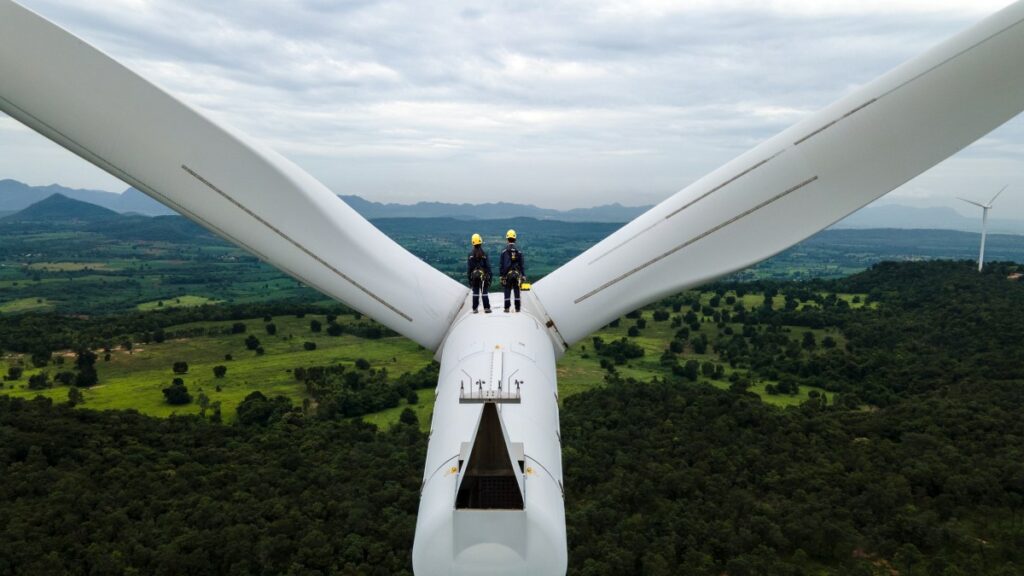The road from scientist to founder is well trodden, but that doesn’t mean it’s easy. Those pitfalls are why, over the last decade, several programs have sprung up to help smooth the path for technical founders.
Now, two prominent programs, Activate and The Engine Accelerator, have decided they can give founders an even bigger advantage if they team up.
“It felt like the closer we could get, the more work we could do together, the more we can feed into each other’s programs, and ultimately, see more throughput from these proto-founders to entrepreneurs,” Emily Knight, CEO of The Engine Accelerator, told TechCrunch.
The two programs are complementary in many ways. The Engine works with scientists and engineers who are just beginning to explore commercializing their research, hence their status as “proto-founders.” Activate steps in when founders have refined their ideas further and offers them two-year fellowships to get them ready for fundraising.
A significant number of the proto-founders who completed the recent Blueprint program run by The Engine ended up being awarded an Activate fellowship. “It’s not a universal truth, but what we see is Blueprint participants are better prepared for Activate,” Cyrus Wadia, CEO of Activate, told TechCrunch. “My team was kind of like, can we get more of that?”
The partnership remains in its earliest phases. No money has changed hands, and it’s not at the point where the two are considering merging. “It’s too early to talk about that,” Knight said.
For now, they are looking to trade notes on their curricula to see where they can fill in gaps. They’ll maintain separate application and admissions flows for the time being, though it’s possible something like the college “common app” might develop for founders who might find both programs useful.
Ultimately, both Knight and Wadia said that the alliance is an attempt to get more technical founders up and running quickly.
“We’ve normalized a pace that’s too slow, especially when you’re talking about climate,” Wadia said. “If we have a shot to move a scientist quicker down this pathway to further success, then that’s well worth the time and investment to do that.”


